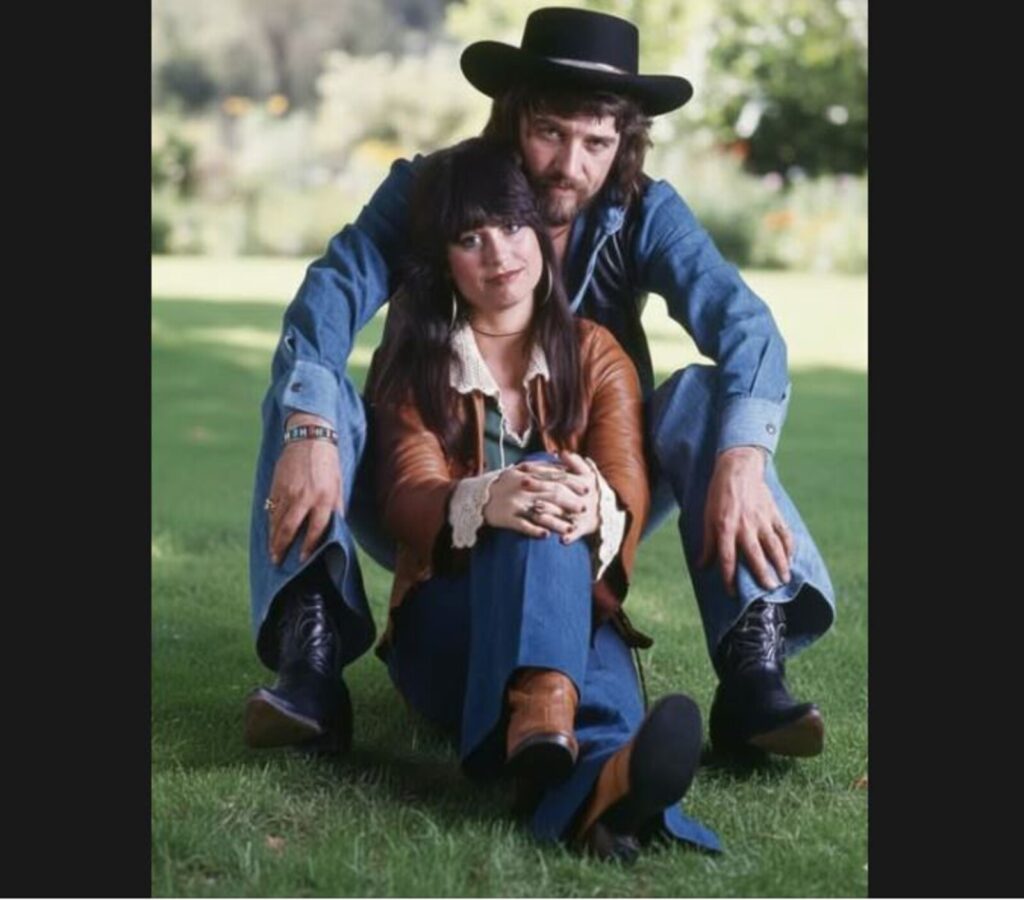
When people think of Waylon Jennings, legendary outlaw anthems and iconic hits usually come to mind. But hidden in the grooves of his 1971 album The Taker/Tulsa lies a lesser-known treasure—“Mississippi Woman.” Though it never became a radio staple, this track carries a unique emotional weight that deserves a spotlight of its own.
A Song Caught Between Two Worlds
“Mississippi Woman” captures Jennings at a crossroads in his career. On one hand, the song reflects Nashville’s polished production style—restrained, clean, and measured. On the other, it hints at the raw, independent spirit that would soon define Jennings’ outlaw era. The result is a recording that feels both smooth and simmering, like a story told in a low voice that demands you lean in closer.
The arrangement is deceptively simple: steady guitar rhythms, gentle steel guitar flourishes, and a subtle groove that never overpowers the message. Jennings’ deep, conversational vocal delivery grounds the song, making every word feel lived-in and real.
Lyrical Tension and Emotional Pull
At its heart, “Mississippi Woman” is about memory, longing, and the kind of love you can’t quite leave behind. The woman in the song isn’t just a fleeting figure—she’s an enduring presence, tugging at the narrator’s heart no matter how far he tries to run. The lyrics carry a blend of desire and resignation, painting a picture of complicated love that resonates with anyone who has wrestled with the past.
Unlike youthful infatuation songs, this track speaks with the wisdom of experience. It acknowledges the magnetic pull of a love that is both cherished and burdensome, making it as much about reflection as it is about passion.
Why This Deep Cut Matters
While The Taker/Tulsa offers more immediate standouts, “Mississippi Woman” is the song that lingers. It doesn’t shout—it smolders. Its power lies in its restraint, in the way it draws listeners into a quiet storm of emotion rather than dazzling them with theatrics.
This track also signals Jennings’ evolution as a storyteller. He was beginning to move beyond formulaic country tropes, focusing instead on nuanced characters and honest emotions. In many ways, “Mississippi Woman” is a preview of the artistic independence that would soon redefine his career.
A Hidden Highlight Worth Rediscovering
For casual listeners, “Mississippi Woman” might be easy to miss. But for those who take the time to explore Jennings’ catalog, it’s a gem that shines brighter with each listen. It proves that sometimes the most powerful songs aren’t the loudest or flashiest—they’re the ones that burn slow and stay with you long after the music stops.
So, if you’ve only known Waylon Jennings for his outlaw hits, take a moment to revisit The Taker/Tulsa. Let “Mississippi Woman” pull you in. You may just discover one of Jennings’ most underrated performances—an intimate piece of southern heat and restless heartache that deserves to be heard.
